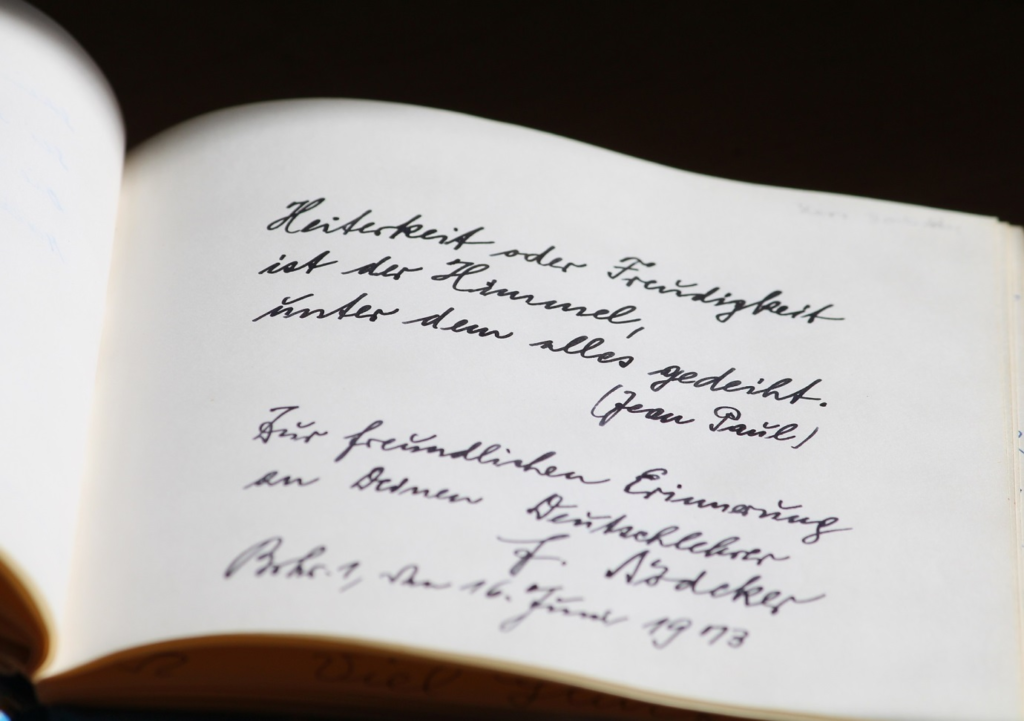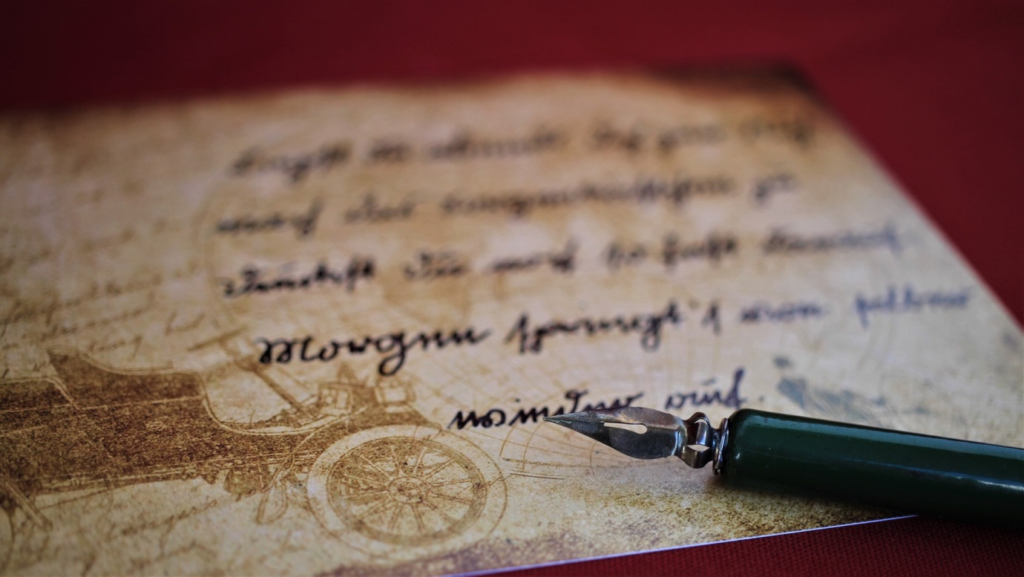The fact that artificial intelligence can easily beat even world champions in intellectual games can hardly surprise anyone. This is one of its purposes ‒ to quickly calculate alternative solutions and choose the optimal one. But the success of robots in art and literature has become a discovery for many. In poetry and visual arts, they turned out to be so good that their works can hardly be distinguished from those made by people. It is quite possible that in just a few years, choosing a book on the shelves of bookstores, we will not understand who actually wrote it ‒ a robot or a person.
How Neural Networks Write Poems and Draw Pictures
The principles of AI learning are somewhat similar to teaching a child. Specialists train a neural network on thousands of works of art in any genre, using issue management software like https://elsitech.com/, and then receive a unique product generated by it. However, there is an important difference:
- No matter how many masterpieces of art you show to a small child, an attempt to draw their own picture in 99% of cases will give exactly a childish drawing, and not a copy of an adult piece of art.
- The same goes for poetry. Even if you read Byron and Shakespeare to a child daily, a verse written by a kid will hardly match the level of sophistication of these authors. At the same time, AI strives for similarity, so its creation will style exactly the patterns that you set as guidelines.

The Pros of AI-Poetry
Boundless Creativity
AI-generated poetry has this amazing ability to whip up poems on all sorts of stuff. It has a power creates verses that’ll leave you pleasantly surprised. It’s like a never-ending stream of poetic inspiration.
Speedy Output
AI can generate poems at a speed no human can match. This quick content generation is especially nifty when you need a snappy response, like generating stuff for news or social media.
Rocking the Boat with Unusual Styles
AI has a thing for exploring different styles and playing around with words in ways that human poets might not even imagine. AI isn’t afraid to start new poetic paths, pushing the boundaries of what’s possible and discovering fresh genres and structures in the poetry universe.

The Cons of AI-Poetry
Missing that Genuine Emotion
While AI can mimic human emotions, it often sounds a bit short when it comes to genuine emotional depth. AI-generated poems lack that emotional connection you get from human poets. Algorithms are not able to recreate the subtle feelings, heartaches, and triumphs experienced by humans.
No Personal Life Stories
AI doesn’t have personal experiences or life stories to describe. Things that often work as the source of inspiration for human poets cannot affect AI writing. That’s why the poems may feel like they’re not really part of the human experience. Human poets bring their unique journeys and viewpoints into their work, infusing it with realness – a quality that AI finds hard to replicate.

Has Artificial Intelligence Succeeded in All Kinds of Art?
The boom of neural networks in recent years witnessed by Technology Report https://techreport.ngo testify to the clear success of AI in the visual arts. The rapid proliferation of websites that can bring photos to life and generate non-existent faces with photographic accuracy is the best proof of that. Also, pieces of art that were created by neural networks, many would be happy to hang at home, because they are extremely good.
In the literature, the success of AI is not yet so great. You are unlikely to want to read a novel written by a robot or even a short story. Beautiful high-quality prose with philosophical connotation is the height that AI has not yet overcome. However, the verses turned out to be simpler for AI. It was not difficult to train a robot to write poetry in the style of a particular poet. You can hardly call them masterpieces, but you will definitely catch the familiar rhythm and voice of your favorite poet.
AI learns quickly: paintings created by neural networks are exhibited and even sold at auctions. Therefore, it won’t be a surprise if soon it will even receive literary prizes and awards for its contribution to the development of world art.


